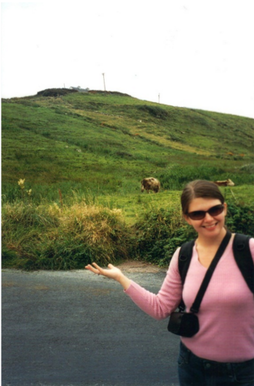By Randi Skaggs, PSJ Member Bio: Randi Skaggs is a storyteller, playwright, middle school language arts teacher, and mother of two wonderful kids. She keeps a parenting blog (Bluegrass Baby Momma) and is addicted to performing in the Moth StorySLAM. She now lives in Louisville, KY after spending twelve lovely post-college years in New York. You can follow her storytelling adventures on Facebook.Comments are closed.
|








